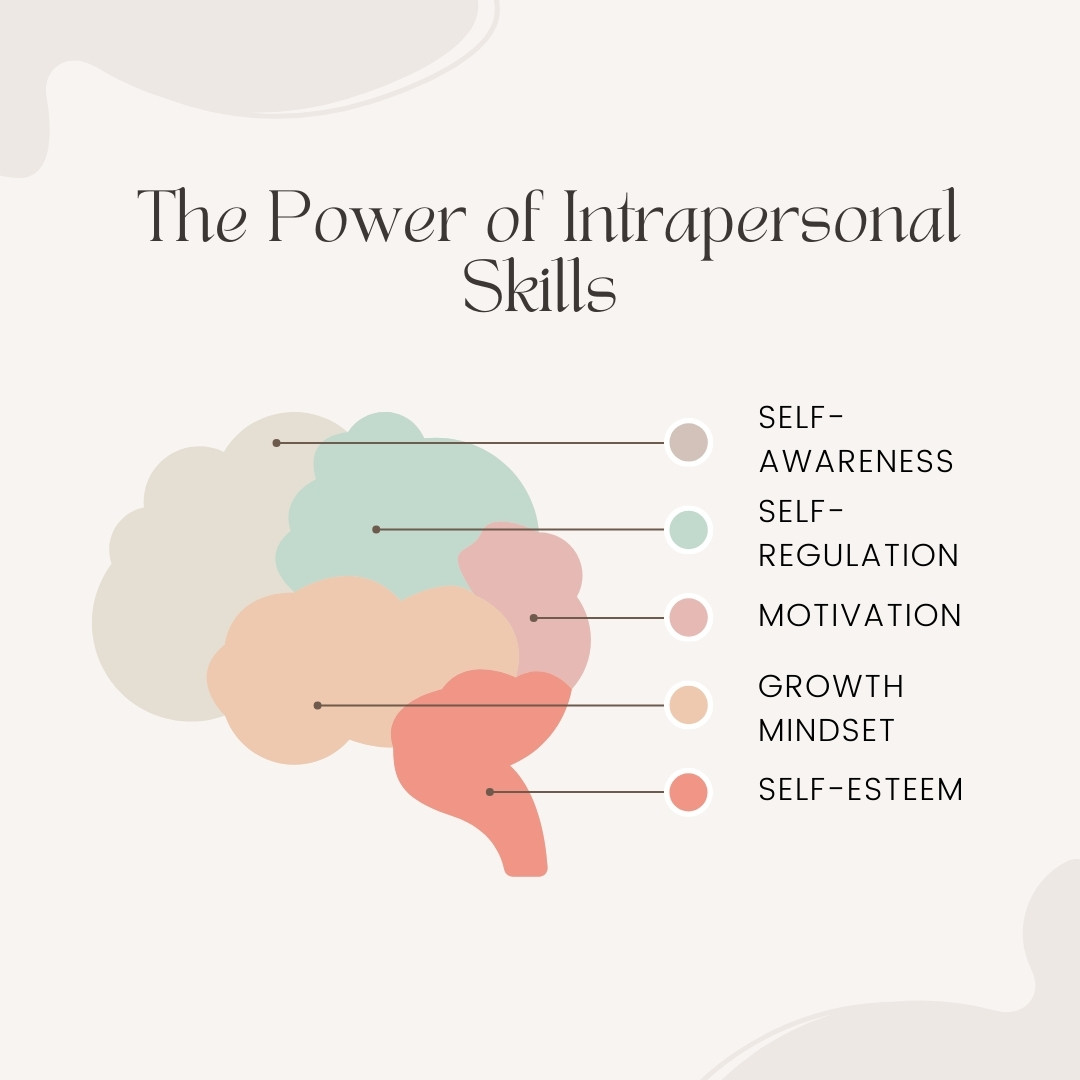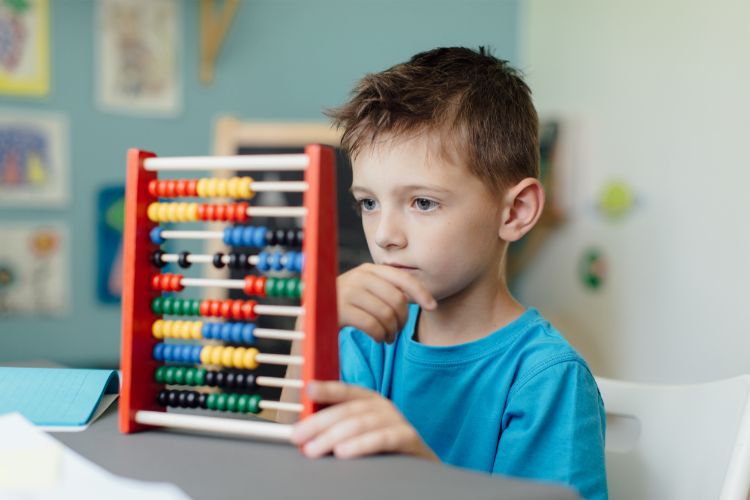Have you ever wondered what makes some kids so self-aware, motivated, and resilient? The answer lies in understanding intrapersonal skills in K-12 students. These internal superpowers help them understand their emotions, set goals, and manage challenges. Intrapersonal skills are essential for success – in school, relationships, and life. Let’s dive into what these skills are and how we can nurture them in our young learners.
What Are Intrapersonal Skills?
Intrapersonal skills encompass a wide range of internal abilities centered around self-understanding and self-management. Think of them as the superpowers that help students navigate their own thoughts, feelings, and behaviors. Here’s a breakdown of key components:
- Self-Awareness: Recognizing emotions, strengths, weaknesses, values, and how they impact behavior.
- Self-Regulation: Managing emotions, impulses, and stress in healthy ways.
- Motivation: Setting goals, staying focused, and overcoming obstacles.
- Self-Esteem: Having a positive belief in one’s abilities and worth.
- Growth Mindset: Embracing challenges and viewing mistakes as learning opportunities.

Why Intrapersonal Skills Matter for K-12 Students
Why is developing intrapersonal intelligence so important during the K-12 years? These skills lay a foundation for success in all areas of life:
- Academic Achievement: Students with strong intrapersonal skills are better at self-directed learning, managing distractions, and persevering through challenges.
- Mental & Emotional Well-being: These skills help students cope with stress, build resilience, and cultivate a positive self-image.
- Social Skills and Relationships: Understanding oneself is key to understanding others, building empathy, and forming healthy relationships.
- Future Success: Intrapersonal skills are highly valued by employers, setting students up for thriving careers and a fulfilling life.
Nurturing Intrapersonal Skills at Home and School
Developing intrapersonal skills is an ongoing journey. How can parents and educators work together to foster these superpowers in K-12 students? Let’s dive into actionable strategies:
At Home: Creating a Supportive Environment
- Open Communication: Encourage open and honest communication where children feel comfortable expressing their emotions and thoughts without judgment. Active listening and validation are key.
- Modeling Self-Awareness: Parents can role-model self-awareness by acknowledging their own emotions and coping mechanisms. Talking about challenges and how you navigate them shows children healthy strategies.
- Goal Setting and Growth Mindset: Involve children in setting achievable goals and celebrating their progress. Encourage a growth mindset by praising effort and perseverance over simply getting things right.
- Providing Opportunities for Reflection: Create space for reflection after new experiences. Encourage journaling or open-ended questions like “How did that make you feel?” or “What did you learn from that?”
At School: Fostering Self-Discovery
- Social-Emotional Learning (SEL) Programs: Integrating SEL programs into the curriculum equips students with skills for self-awareness, self-management, social awareness, relationship skills, and responsible decision-making.
- Personalized Learning: Providing opportunities for personalized learning allows students to explore their interests and learn at their own pace, fostering intrinsic motivation and self-directed learning.
- Choice and Voice: Offering students choices in their learning experiences empowers them to take ownership and build confidence in their decision-making abilities.
- Mindfulness Practices: Simple mindfulness exercises like deep breathing or meditation can help students manage stress, improve focus, and develop greater self-awareness.
Building a Collaborative Network
Communication and collaboration between parents and educators are crucial. Sharing observations and strategies creates a consistent and supportive environment for students to develop their intrapersonal skills.
The Lifelong Impact of Strong Intrapersonal Skills
Investing in intrapersonal development during the K-12 years has a ripple effect that extends far beyond the classroom. Students who possess strong intrapersonal skills become:
- Self-Directed Learners: They can set goals, manage their time effectively, and seek out learning opportunities throughout their lives.
- Resilient Individuals: They can navigate challenges, bounce back from setbacks, and adapt to change with a positive outlook.
- Empathetic Communicators: They can understand and respond to the emotions of others, fostering healthy and fulfilling relationships.
- Confident and Self-Aware Leaders: They have a strong sense of self, make sound decisions, and inspire others.
FAQs
Wrapping Up
Understanding and nurturing intrapersonal skills in K-12 students is an investment in their lifelong success and fulfillment. By fostering self-awareness, self-regulation, motivation, and a growth mindset, we give our children the inner strengths they need to navigate the complexities of life with confidence and resilience.
